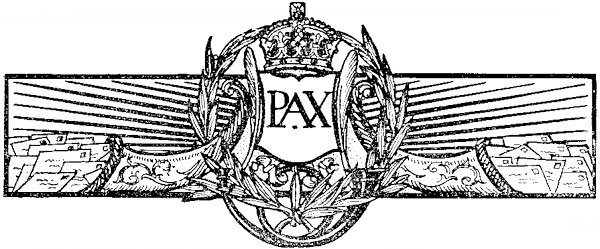Roman Provincias > Provincia Britannia
Provincia Britannia

Background
Provincia Britannia, commonly known as Roman Britain, was a province of the Roman Empire established in 43 CE following the conquest of the island of Britain by Emperor Claudius. Spanning roughly what is now modern-day England, Wales, and southern Scotland, Roman Britain played a significant role in shaping the cultural, economic, and political landscape of the British Isles during the Roman period.
Conquest and Administration:
The conquest of Britain began in 43 CE under the command of Emperor Claudius and his generals, notably Aulus Plautius and later Gnaeus Julius Agricola. The Roman army faced fierce resistance from native Celtic tribes, including the Catuvellauni, Iceni, and Brigantes, but eventually established control over much of southern Britain.
Roman Britain was initially divided into two provinces: Britannia Superior (Upper Britain) in the south and Britannia Inferior (Lower Britain) in the north. Later, these were further subdivided into smaller administrative units known as civitates.
The provincial capital of Roman Britain was Camulodunum (modern-day Colchester), which served as the administrative center and military headquarters. Other major cities included Londinium (London), Verulamium (St Albans), and Eboracum (York).
Romanization and Cultural Impact:
Roman rule brought significant cultural and social changes to Britain. Romanization, the process by which Roman customs, language, and institutions were adopted by the local population, gradually transformed British society.
Urbanization increased with the construction of cities, towns, and infrastructure such as roads, bridges, and aqueducts. Roman architectural styles, such as the use of stone for buildings and the construction of public baths and amphitheaters, became prevalent.
Latin became the administrative language of Roman Britain, although the Celtic languages of the native Britons continued to be spoken in rural areas. Roman law, governance, and customs were also introduced, along with Roman religion, including the worship of gods such as Jupiter, Minerva, and Mithras.
Economy and Trade:
The economy of Roman Britain was primarily agrarian, with the cultivation of crops such as wheat, barley, and oats, as well as the rearing of livestock. Large estates, known as villas, were established in rural areas, producing agricultural goods for export and consumption.Mining and quarrying were important industries in Roman Britain, with resources such as iron, lead, tin, and gold being extracted and exported to other parts of the empire. Tin, in particular, was a valuable commodity exported to the Mediterranean for the production of bronze. Trade flourished between Roman Britain and other provinces of the empire, facilitated by a network of roads, ports, and navigable rivers. British exports included agricultural products, minerals, and luxury goods such as pottery, glassware, and textiles.
Military Presence and Defense:
The Roman army played a crucial role in maintaining control over Britain and defending the province from external threats. Numerous forts, fortresses, and defensive walls were constructed throughout Roman Britain, particularly in the north, to guard against incursions by hostile tribes and invaders.
The most famous defensive structure in Roman Britain is Hadrian's Wall, built by Emperor Hadrian in the 2nd century CE to mark the northern boundary of the province and protect it from attacks by Pictish tribes from Caledonia (modern-day Scotland). The Roman army also played a role in internal security and maintaining order within the province, suppressing revolts and uprisings by disgruntled tribes and ensuring compliance with Roman law and taxation.
Decline and Legacy:
Roman Britain experienced periods of prosperity and stability, but also faced challenges such as economic decline, political instability, and invasions by barbarian tribes. In the early 5th century CE, as the Roman Empire began to weaken, Roman authority in Britain gradually waned.The withdrawal of Roman legions from Britain in the early 5th century CE marked the end of Roman rule in the province, leading to a period of political fragmentation and the emergence of Anglo-Saxon kingdoms. However, the legacy of Roman Britain endured in the form of infrastructure, language, law, and culture, which continued to influence subsequent developments in British history.